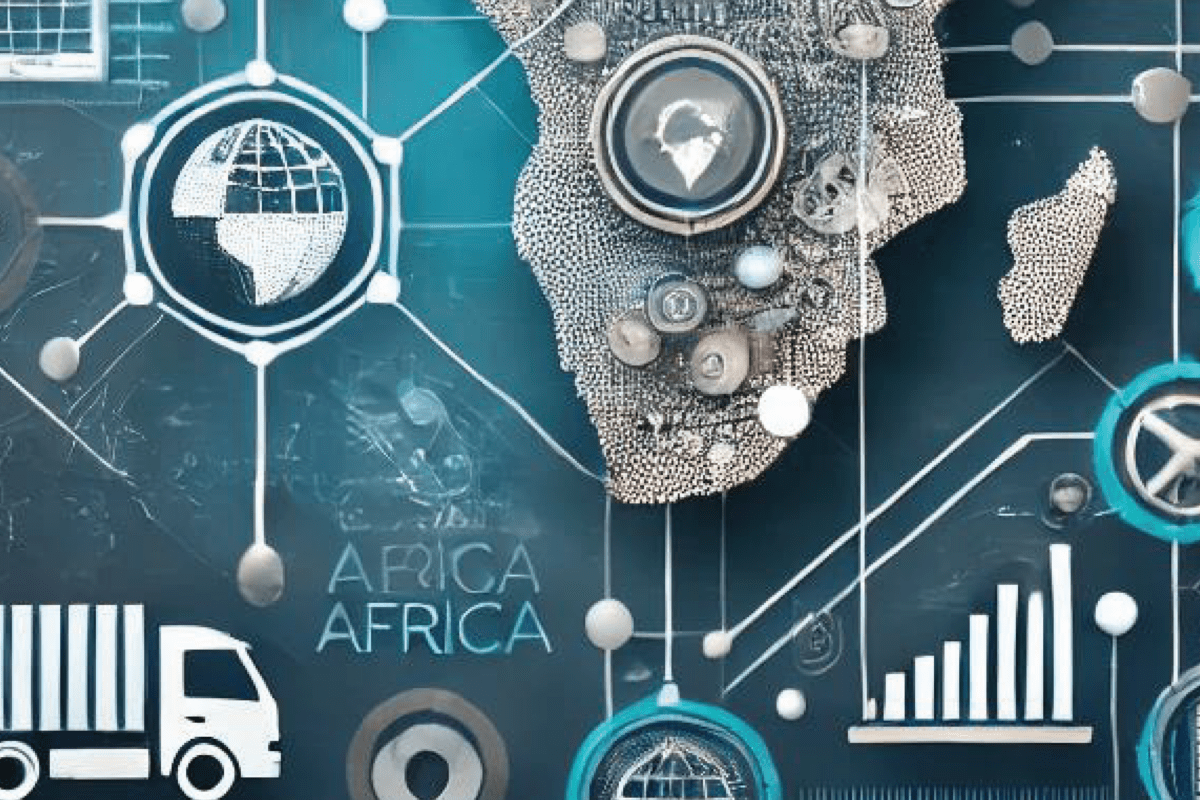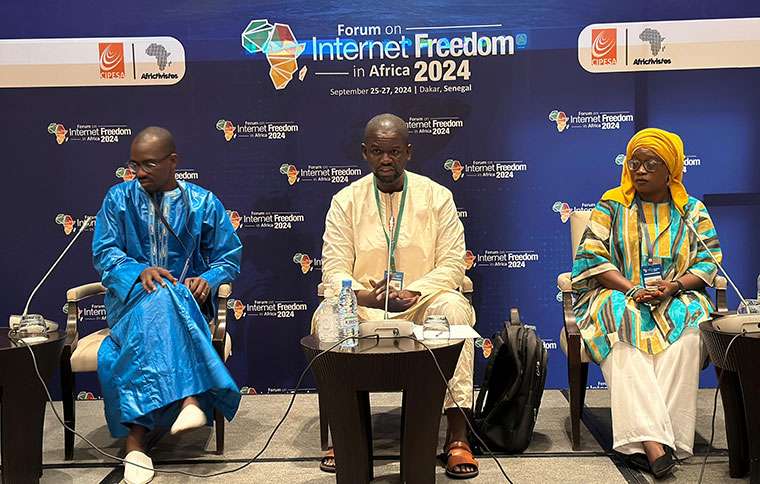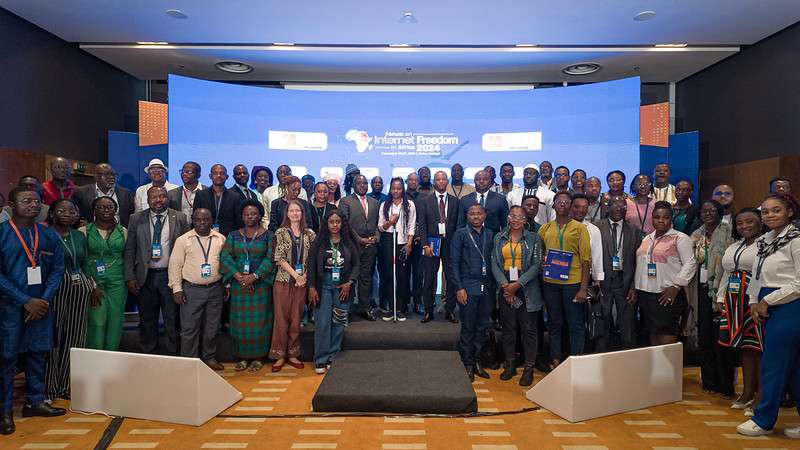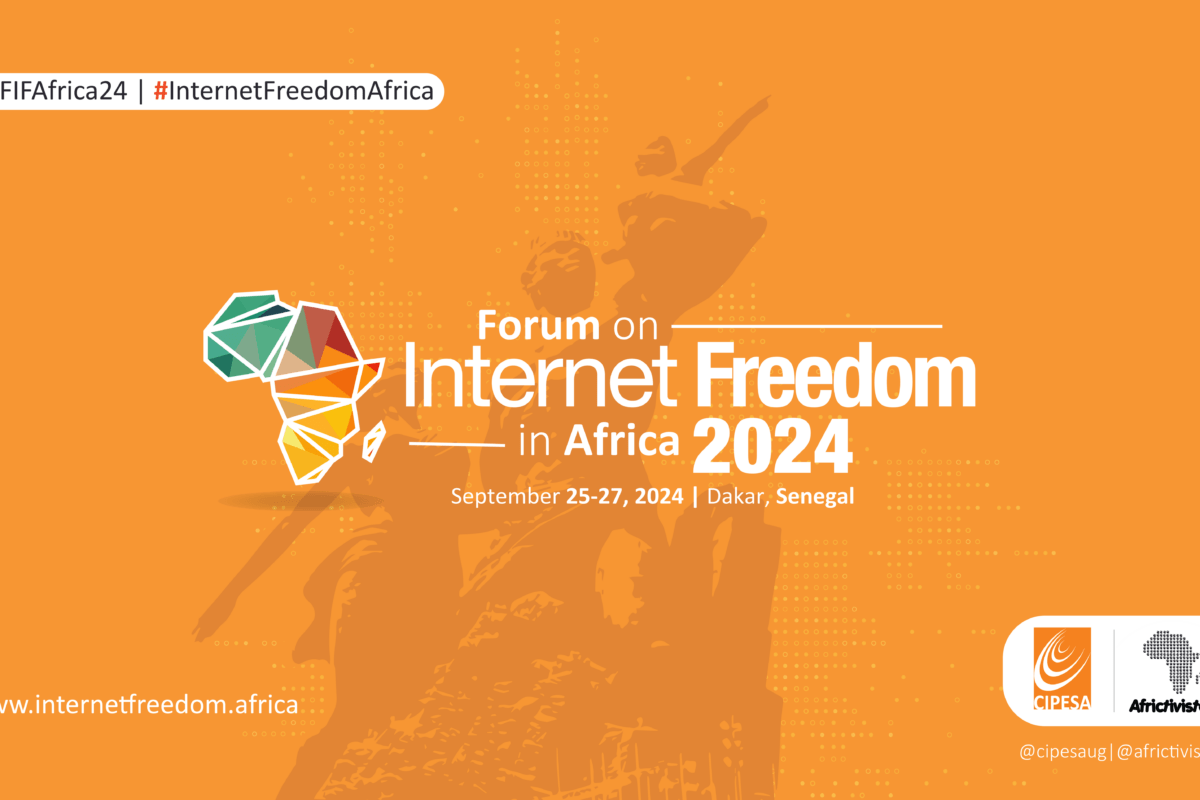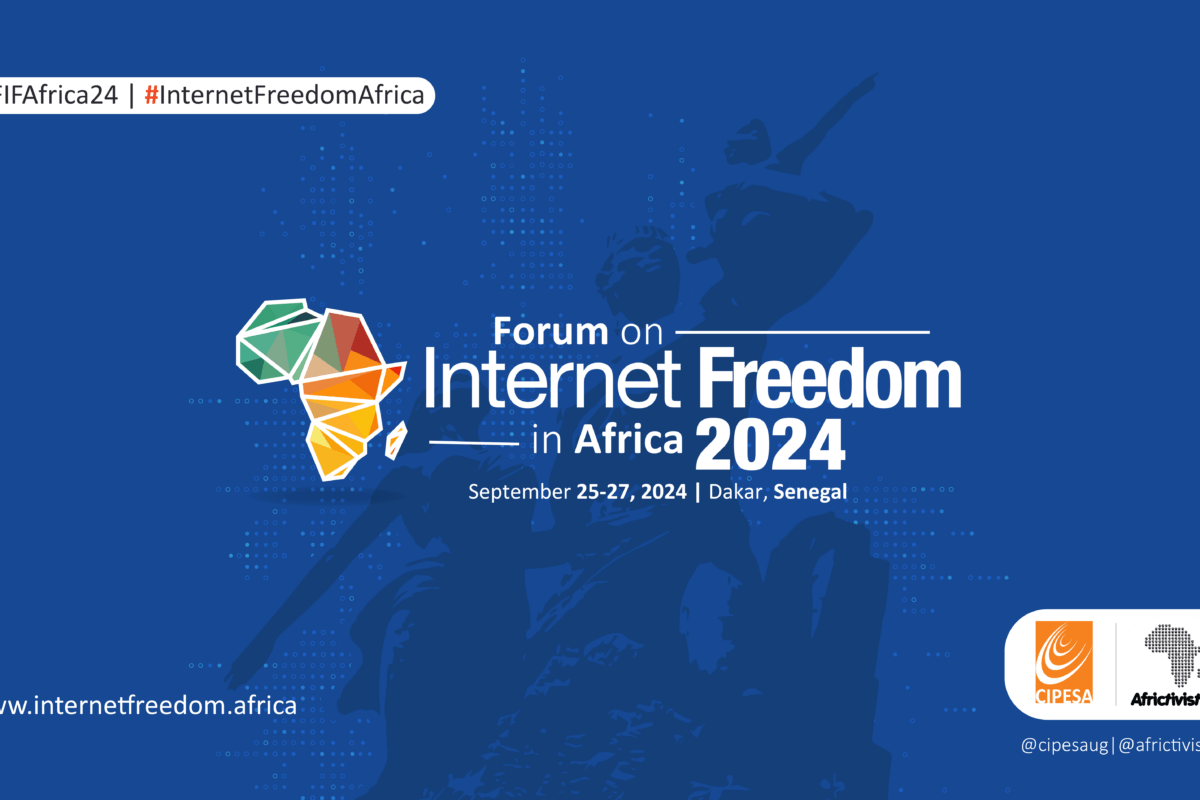By Shamira Ahmed |
As Africa navigates the complexities of digital transformation, the African Union’s Data Policy Framework (DPF) has been heralded as a key instrument for establishing coherent data governance across the continent. However, in the specific context of the Southern African Customs Union (SACU), its digital trade ambitions, and the complexities of international rules governing cross-border data flows (CBDF) and digital trade the question arises:
Can the AU Data Policy Framework (DPF) support Digital Trade in SACU?
For SACU member states (MS)—comprising Botswana, Eswatini, Lesotho, Namibia, and South Africa—digital trade can be a key facilitator of economic development.
While the DPF offers important guiding principles, the Data Economy Policy Hub (DepHUB) supported by the Collaboration on International ICT Policy for East and Southern Africa (CIPESA) have published a paper and policy brief on “Assessing the Suitability of the African Union Data Policy Framework for Digital Trade in Africa: A South African Customs Union (SACU) Case Study” thatreveals shortcomings regarding the DPF according to three main categories, namely, approach, implementation, and scope that affect its suitability for SACU’s digital trade aspirations.
SACU has the potential to leverage digitalisation to enhance trade facilitation, revenue collection, and competitiveness. However, SACU’s digital landscape is still evolving, with varying levels of endowments, capabilities, and enablers such as digital infrastructure, robust data governance policies, and regulatory frameworks amongst the SACU member states, which pose a significant challenge to deepening SACU integration.
Furthermore, the successful integration of digital trade within the African context relies on the effectiveness and harmonization of various prerequisites and enablers, such as cross-border data policy frameworks and essential network infrastructure, among others, to support an inclusive digital single market.
The DPF offers an essential starting point for SACU’s engagement with digital trade, but it falls short in several key areas:
- Approach: The DPF’s overemphasis on legal frameworks such as FRAND , and regulatory sandboxes as only positive aspects needs to be recalibrated with a more balanced approach to better support digital trade in Africa. CBDF should be prioritized alongside data sovereignty and mutual recognition agreements— greater flexibility and policy space is needed to enable innovation in SACU’s nascent data ecosystem.
- Implementation: Relying on national data protection authorities and the AUC’s limited capacity may hinder effective implementation across SACU. A more legally binding regionally coordinated approach such as the Digital Protocols of the Africa Continental Free Trade Area (AfCFTA) may be more appropriate as the Draft Protocol can create binding conditions necessary to ensure that all SACU members benefit from the DPF.
Scope: The DPF does not include data governance issues that impact digital trade such as all the dimensions of data interoperability, gender inequality, and environmental sustainability. Addressing these gaps is crucial for ensuring that SACU’s digital trade is not only economically inclusive but also socially and environmentally responsible.
To fully capitalize on the potential of digital technologies for economic growth, SACU countries need a more harmonized and collaborative approach to data governance.
A proactive sociotechnical approach, which better addresses the complexity of the data economy, must be adopted to balance the risks and benefits of digital transformation.
To overcome multidimensional barriers, SACU member states must adopt a transversal approach that aligns digital trade policies with broader economic, regulatory, and infrastructure goals. A transversal approach requires a much-needed focus on both supply-side policies, such as enhancing digital public infrastructure, and demand-side policies, such as promoting digital capabilities.

